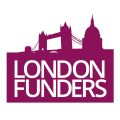
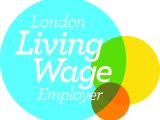
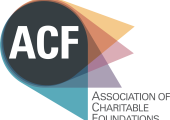
Cripplegate Ltd is the registered trustee of Cripplegate Foundation
Registered Charity 207499 Cripplegate Foundation Limited
Registered in England and Wales, Company Number 6129936 © 2021 Cripplegate Foundation
Sign up for our newsletter below to be kept up to date with our work.
Cripplegate Foundation will only use your email for direct communications and will never pass on your data.
16 Days of Activism Against Gender Based Violence is an international campaign that aims to raise awareness of and prevent violence against women and girls. It takes place annually from 25th November to 10th December.
As part of this campaign, and to mark the first year of Cripplegate Foundation’s Domestic Abuse Development Partner programme, we spoke to programme leaders Nikki Wimborne and Laura Guy about the work that has been taking place so far.
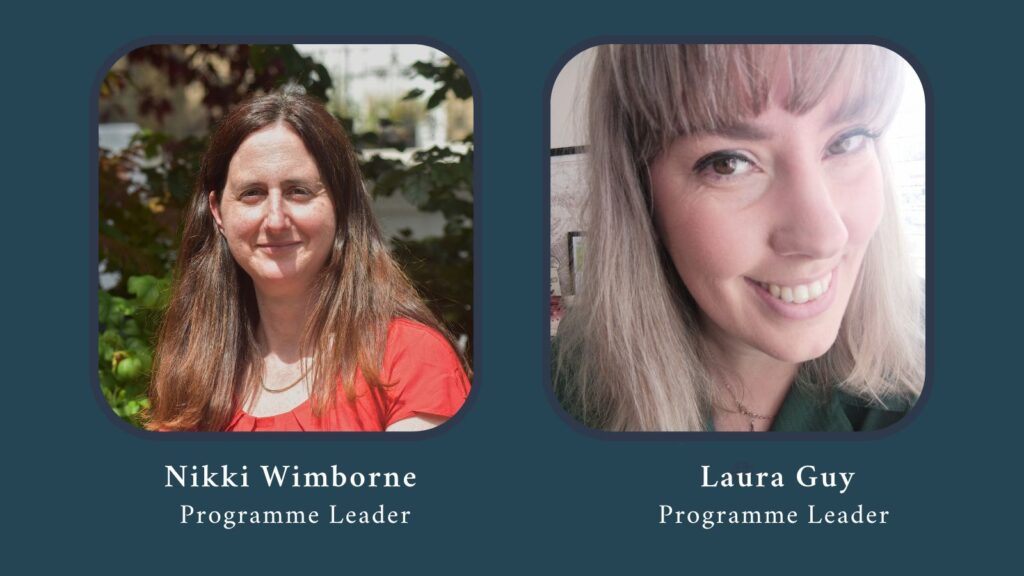
Working in a relational way, or putting people first, the programme aims to explore how and where changes can be made to systems to improve the way in which people who experience domestic abuse are treated.
Cripplegate Foundation launched this iteration of the programme at the end of 2022, bringing together experts in Islington who have both personal and professional experience of domestic abuse, including statutory sector partners (Islington Council Violence Against Women and Girls team and Islington Police), four voluntary sector partners (Solace, The Maya Centre, Maa Shanti and KMEWO) and eight women who have experienced domestic abuse. We will be working together until 2027.
Alongside this partnership, we aim to raise awareness of domestic abuse, how it affects Islington women and what works as a response to it. As part of this, we will amplify the voices of local people who have experienced domestic abuse and local partners working to support them.
The project builds on the work of How Not What and is funded by Cripplegate Foundation and City Bridge Foundation.
You can read more about the programme in our case study for the Association of Charitable Foundations, published here:
A note on language: We use the term domestic abuse rather than violence. This choice was decided by partners of the programme as violence masks the real issues of coercive control.
Nikki: I have worked at Cripplegate Foundation since 2014, and was closely involved with our first five-year programme, which explored how we could work more closely with some of our funded partners to improve lives for Islington residents. Getting to know each other at the begginning of this programme, we quickly discovered a common passion for improving how people are treated by voluntary and public services so they feel like, and know, they matter and have a voice. We subsequently set about articulating and exploring what happens when you shift the focus from ‘what’ we do as organisations to ‘how’ we do it (How Not What); focusing on a relational way of working that puts people at the heart of what we do.
We are now thinking about how we use the learning from the first five year programme to improve the experiences and outcomes for women in Islington experiencing domestic abuse.
Though this work, I learned that rather than ‘hard to reach’ people, as those in these groups are often labelled, it is the services that are hard to reach or engage with. ~ Laura Guy, Programme Lead
Laura: Before joining Cripplegate Foundation in 2022 I worked in Camden and Islington with people experiencing homelessness and multiple disadvantage, such as involvement with the criminal justice system, substance use, experiences of exploitation and abuse and mental health issues. In that work, part of the Lottery funded Fulfilling Lives programme, we were given the space to work relationally with some of the borough’s most excluded individuals. Though this work, I learned that rather than ‘hard to reach’ people, as those in these groups are often labelled, it is the services that are hard to reach or engage with. I saw how much meeting somewhere where they are at, with curiosity and humanity, creates the best opportunity for change. We worked extensively with women who were often missed by homelessness services and developed guidance on how to create safe spaces for women, how to work with perpetrators of abuse in homelessness settings and how to ensure that women’s homelessness is recognised and resourced.
Working on the Domestic Abuse Development Partners programme really excites me, because I believe so much can be achieved by resourcing space to build relationships, to reflect together, to view an issue from multiple perspectives and to develop ideas and tools which can meaningfully impact an issue – and domestic abuse is a huge issue for women, their children, and society as a whole.
Nikki: This is a partnership programme, and although Laura and I are convening and administering the partnership we are not leading or driving the direction or emergent themes. We have brought together this group of experts to explore how and where the experience and outcomes for women experiencing domestic abuse can be improved, and the specific aims and objectives of our work will be determined by the partners as we progress. We hope that by working from different perspectives we can understand more deeply where the system lets people down, what helps and why, and what the levers are for shifting thinking and practice to improve people’s experiences of the services and systems they encounter.
We are here to be equal partners around the table and to listen and learn from each other. ~ Laura Guy, Programme Lead
Laura: We are here to be equal partners around the table and to listen and learn from each other. The five-year programme is not funded to achieve pre-determined outcomes or to deliver a set programme of work but instead to create the space and time for deep cross-sector working and co-production. There is no set agenda or outcomes, which I think is unusual for a lot of funders – but working in this way gives us the space to consider and test new ways of working – that we hope will lead to meaningful change for women experiencing domestic abuse in Islington.
Ratio are working with us throughout the five-year journey as a learning partner and critical friend to capture the learning and evaluate both the process and outcomes of the work. The learning ambitions will be defined, developed and tested by partners with Ratio’s support.
Laura: The first year of the programme is the ‘thinking phase’, before we move into a ‘doing’ phase. We have spent time getting to know and understand each other, our work and ways of working, and our personal and professional experiences of domestic abuse and the services available to support women experiencing domestic abuse in Islington.
This is quite a unique way of working…we are seeing some of the effects and benefits of the programme already. ~ Nikki Wimbourne, Programme Lead
Nikki: In recognition that this is quite a unique way of working (i.e bringing partners together on an issue in a place without a specific programme of work or agenda) we are currently working on an evaluation framework to evidence, evaluate and analyse the process and impact of working collaboratively in this way over five years. This includes processes for evaluating the benefits (direct and indirect) and recording and learning from challenges.
We are seeing some of the effects and benefits of the programme already. Just bringing together this group of experts, who have both personal and professional experience of domestic abuse, to talk, share perspectives and begin setting out our roadmap for how we make affective changes in Islington has been incredibly beneficial. Having statutory sector partners – representatives from Islington Council VAWG team and Islington Police – share the space alongside four voluntary sector partners and eight women who have experienced domestic abuse means that we can have real conversations to understand different perspectives and see where improvements can be made.
Laura: In this first year of the programme, we have built on the learnings from the How Not What 5-year project, including to: take our time – to listen and learn without rushing to ‘fix’ services or systems; hold our nerve and trust in the process and partners; and document both the intended and unexpected learning and benefits of both the process and outcomes along the journey.
It has already been so valuable to have women with lived experience in this partnership. As a collective we have been able to learn from their experiences, including examples of what has not worked or gone well in the support they received when they were experiencing Domestic Abuse in the borough and what is important to them in these services.
…In the next sessions we will be considering what we want to focus on together to try to create change for women experiencing domestic abuse in Islington…. – Laura Guy, Programme Lead.
Some of the key areas we have been looking at so far have included: the experience of child contact arrangements and involvement of the family courts and the challenges for women who have immigration issues and who do not speak English or understand the systems here in the UK.
We have spoken about the challenges of not being believed, and of having to “prove” the abuse to gain support for themselves or to safeguard themselves and their children. We have spoken about the impact of domestic abuse on children, even into young adulthood and beyond. We have spoken about the huge upheaval for the survivor that is usually expected by services in order to keep herself safe, including moving home – impacting work and support networks and children’s education. And we have spoken about the importance of the support of family, friends and neighbours in hard times, and the challenge for people to know what to do when supporting a friend or relative who is experiencing abuse.
The conversations have been rich and diverse. In the next sessions we will be considering what we want to focus on together to try to create change for women experiencing domestic abuse in Islington, and who else we need to bring into the work to make this happen.
Nikki and Laura host a regular community of practice – if you are interested in joining these events, please contact laura.guy@cripplegate.org.uk
Images: UN Women.
Signup to our newsletter for the latest news and updates



Cripplegate Ltd is the registered trustee of Cripplegate Foundation
Registered Charity 207499 Cripplegate Foundation Limited
Registered in England and Wales, Company Number 6129936 © 2021 Cripplegate Foundation


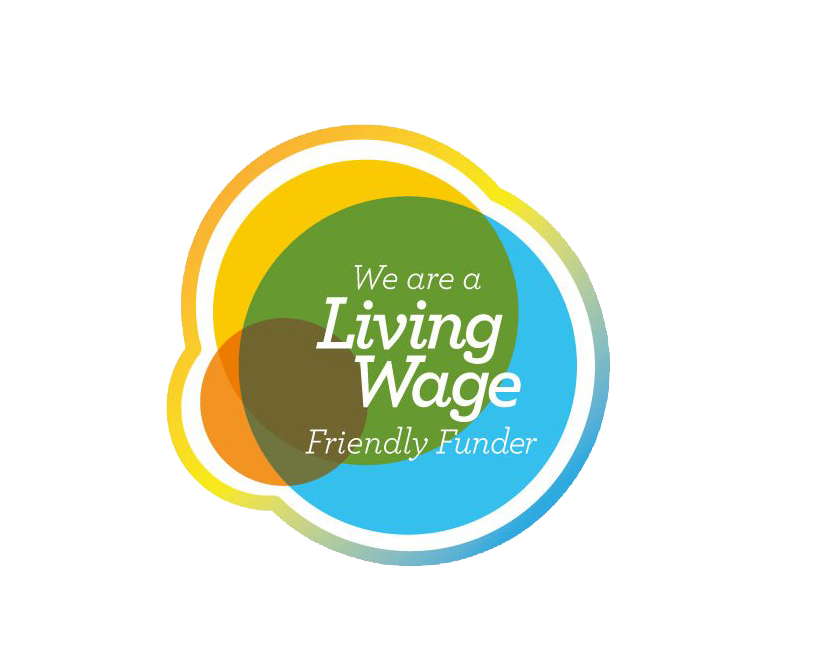
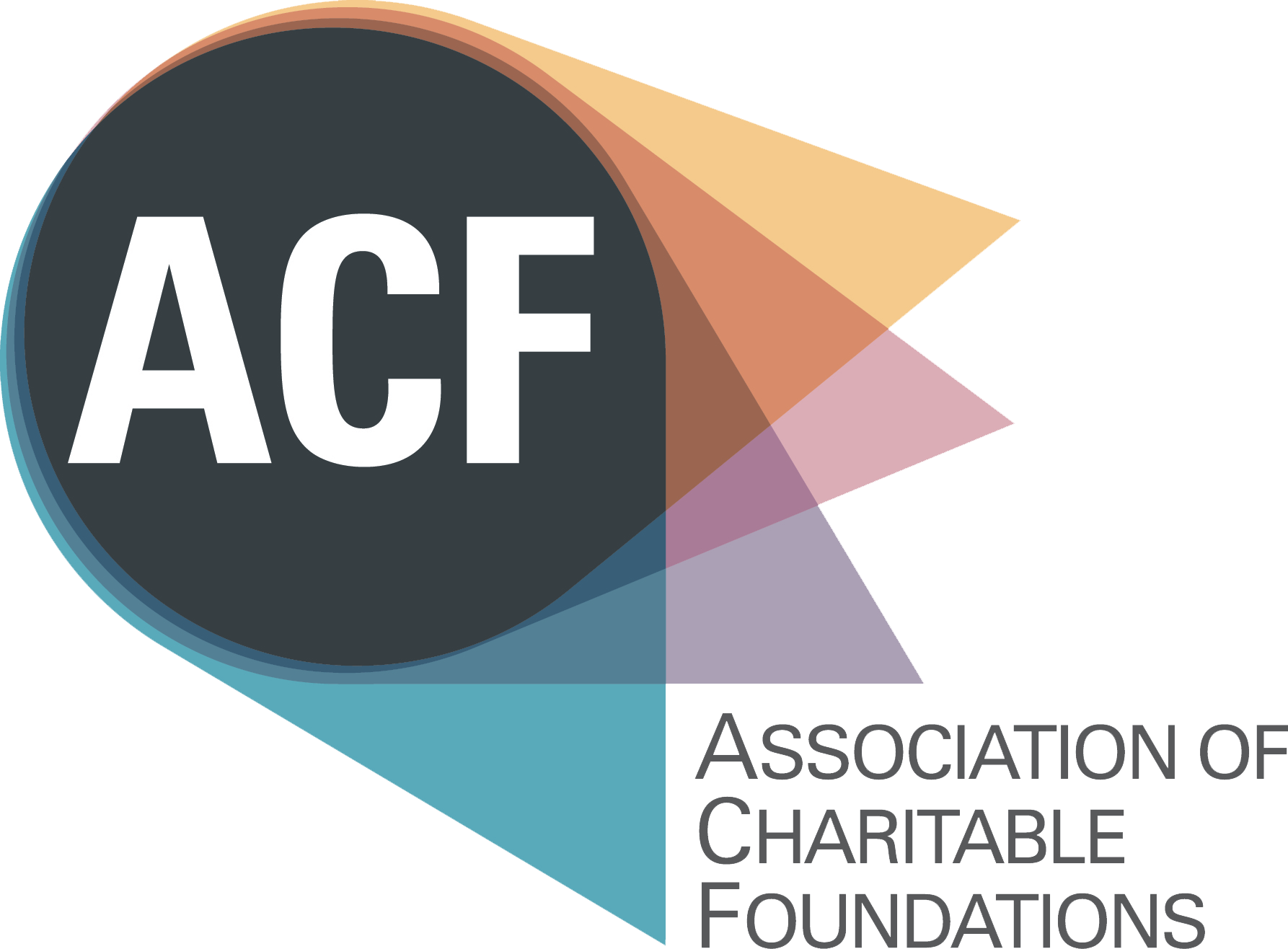
Cripplegate Ltd is the registered trustee of Cripplegate Foundation
Registered Charity 207499 Cripplegate Foundation Limited
Registered in England and Wales, Company Number 6129936 © 2023 Cripplegate Foundation